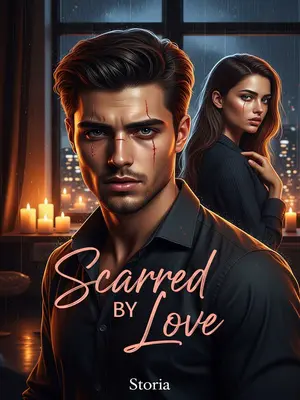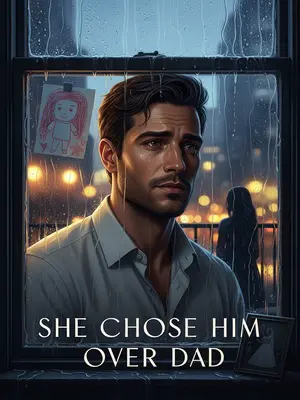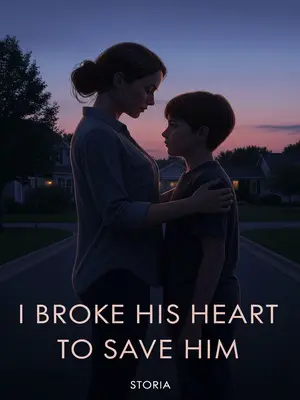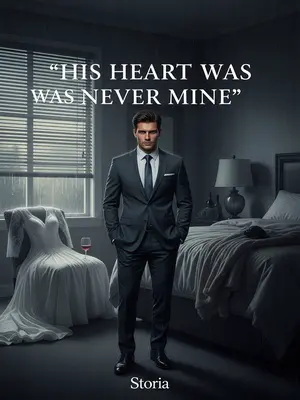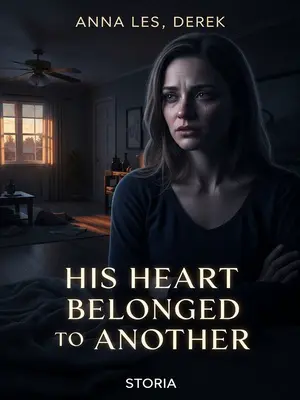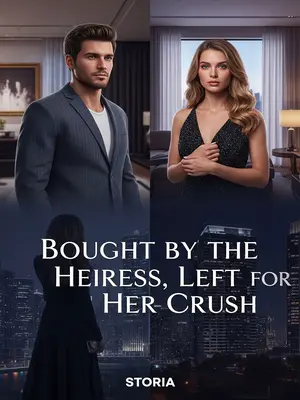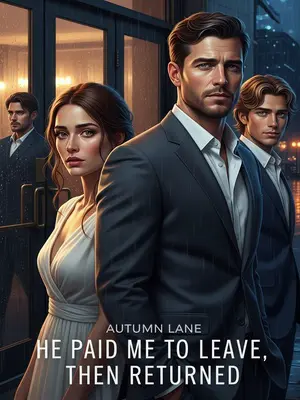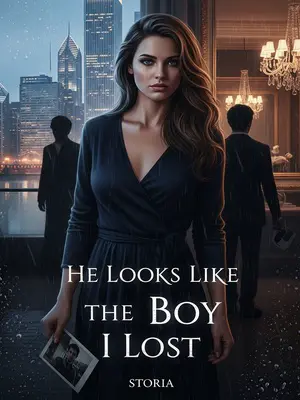Chapter 1: The Price of Loyalty
After the Whitmore patriarch was sentenced to death, I snuck into the county jail every night to make sure he had an heir.
The jail was a cold, stone building on the edge of town, its iron bars and shadowed corridors a world away from the Whitmore estate’s manicured lawns. Each night, my heart pounded as I crept past the sleepy deputy, clutching the key I’d bartered for with my mother’s old wedding ring. The hush of the jail was thick with secrets and regret, but I pressed on—there was a promise in my chest, even if I couldn't name it.
But once he was cleared of all charges and released, he handed me a mug of bitter tea.
His hands didn’t tremble as he passed me the chipped mug. But his eyes—he wouldn’t meet mine. The tea’s scent was sharp, herbal, like something old and unforgiving. I watched the steam curl up, catching the faintest reflection of my own uncertain face in the mug’s surface.
"You come from nothing. You're not fit to carry the Whitmore heir."
His voice was steady, but there was a tremor beneath it—like a string pulled too tight. The words stung, not just for their meaning, but for how easily he said them, as if he’d rehearsed them a hundred times in his mind.
I drank the tea. Waited for my chance. Then I slipped away from the Whitmore estate, fleeing south to Savannah.
The night air was heavy with magnolia and the distant call of train whistles. I packed what little I owned into a battered suitcase, moving quietly past the sleeping house, the moonlight catching on the silver embroidery of my dress. My footsteps were silent as I made my way to the bus station, not daring to look back. Savannah was a city of second chances—or so I prayed.
Ten years later, Mr. Whitmore was sent on official business in Savannah, and we ran into each other again at the Saturday farmers' market.
The market bustled with locals—kids darting between stalls, old men arguing over tomatoes, the smell of peaches and boiled peanuts thick in the summer air. I was haggling over sweet corn when I felt his gaze, and the years fell away in an instant. He stood there, older, the sharp lines of his face softened by time, but those eyes—still the same.
He looked at the boy in my arms. His eyes filled with tears. "Is this my son?" he asked.
The question hung in the air, heavier than the Georgia heat. The boy squirmed in my arms, his small hand gripping my shirt, and I saw the hope and fear warring in Mr. Whitmore’s eyes. For a moment, I almost answered.
Just then, a young, striking county commissioner happened to pass by, scooped the child up with one arm, wrapped the other around my waist, and grinned. "Mr. Whitmore must be missing his son so much that he's seeing things. How could he mistake another man's wife and child for his own?"
The commissioner’s Southern drawl was warm and easy, his laughter carrying across the market. He winked at me, his grip gentle but protective, and I felt the tension in my shoulders ease just a little. Mr. Whitmore’s face closed off, pride and pain flickering across his features before he turned away.

